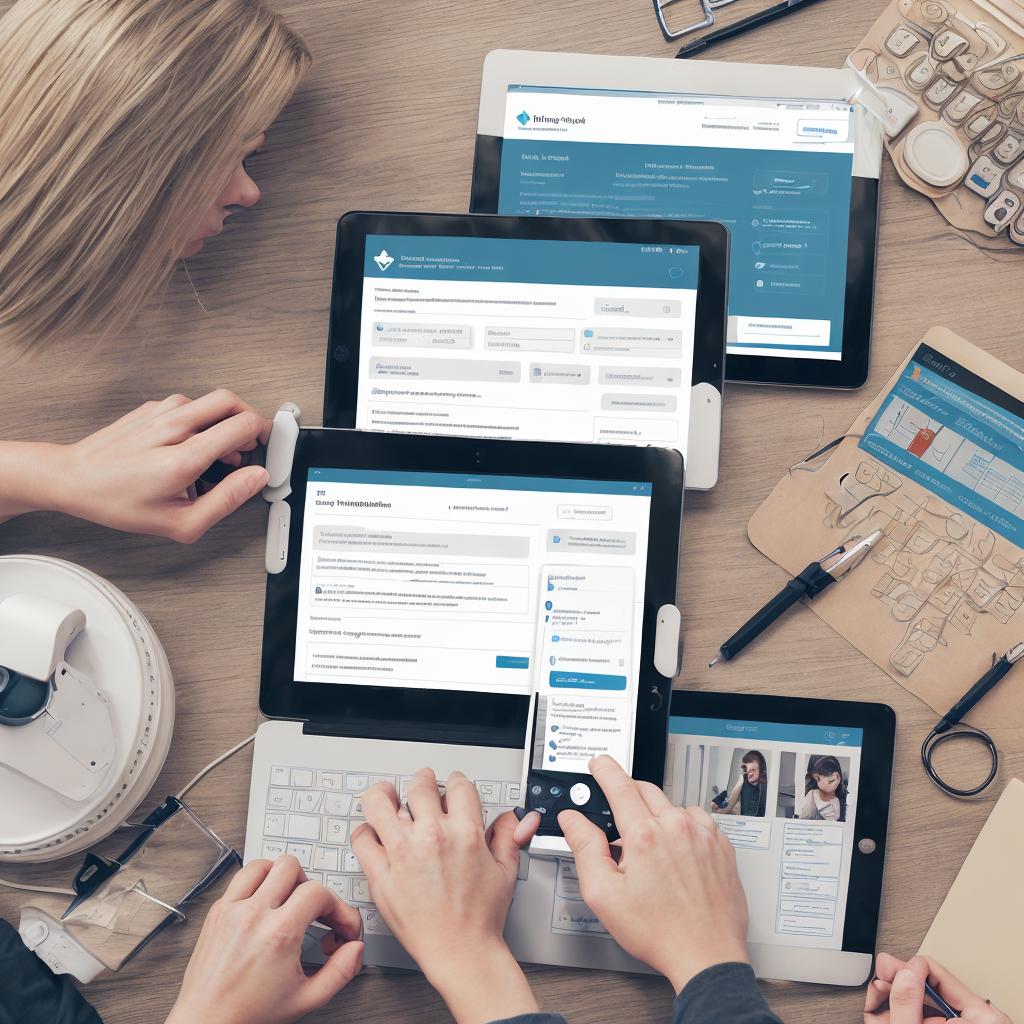4 Best Practices for Medicaid Application Submission

Looking to ace your Medicaid application? Follow these four best practices for a seamless submission process.
- Gather all necessary documentation.
- Complete the application accurately and thoroughly.
- Double-check for errors and omissions.
- Submit your application on time.
Don’t forget to follow up if needed. With these steps, you’ll increase your chances of a successful Medicaid application.
Let’s dive in and discover the secrets to a stress-free process.
Key Takeaways
- Gather all necessary documentation such as identification, proof of income, proof of address, and proof of relationship for dependents.
- Complete the application accurately and thoroughly, providing all required information and double-checking for accuracy and completeness.
- Double-check for errors and omissions, reviewing personal information, income and asset information, and ensuring all necessary supporting documents are included and legible.
- Submit the application on time and follow up if needed, keeping a record of communication with the Medicaid office.
Gather All Necessary Documentation
When gathering all necessary documentation for your Medicaid application submission, it’s important to ensure that you have all the required paperwork in order to expedite the process. This includes gathering personal identification documents, such as your driver’s license or passport, as well as proof of income, such as pay stubs or tax returns.
You’ll also need to provide documentation of your current address, such as utility bills or a lease agreement. Additionally, if you have any dependents, you’ll need to gather their identification documents and proof of their relationship to you.
It’s crucial to carefully review the application instructions to determine what specific documents are required, as these requirements may vary depending on your state. By gathering all the necessary documentation upfront, you can avoid delays in the application process and ensure that your application is processed quickly and accurately.
Remember to make copies of all the documents you submit, as well as keep a record of the date you submitted your application.
Complete the Application Accurately and Thoroughly
To ensure a smooth and efficient Medicaid application process, you must accurately and thoroughly complete the application. The accuracy and thoroughness of your application are crucial as any errors or omissions can lead to delays in processing or even denial of benefits.
When filling out the application, make sure to provide all the required information, including your personal details, income, assets, and household composition. Double-check the information you provide to ensure its accuracy. It’s also important to answer all the questions truthfully and to the best of your knowledge. Be sure to review the application before submitting it to ensure that you haven’t missed any sections or made any mistakes.
In some cases, additional documentation may be required to support the information provided in the application. It’s important to gather and submit these documents promptly to avoid any delays.
Double-Check for Errors and Omissions
Ensure the accuracy and completeness of your Medicaid application by carefully checking for any errors or omissions. This step is crucial to avoid any delays or denials in the application process.
Here are three important things to double-check before submitting your application:
- Personal Information: Review all personal details such as your name, address, and contact information. Make sure they’re entered correctly and match the information on your supporting documents. Any discrepancies can lead to confusion or rejection of your application.
- Income and Assets: Check the accuracy of your income and asset information. Ensure that all sources of income, including wages, benefits, and other financial resources, are accurately reported. Double-check the values of any assets, such as property or bank accounts, to make sure they’re entered correctly.
- Supporting Documents: Verify that you have included all the necessary supporting documents, such as proof of income, identification, and residency. Ensure that these documents are complete, legible, and up-to-date. Missing or incomplete documentation can result in delays or denial of benefits.
Submit Your Application on Time and Follow up if Needed
Make sure you submit your Medicaid application on time and follow up if necessary. Timely submission of your application is crucial to ensure that your eligibility for Medicaid benefits is processed promptly. Missing the deadline could result in delays or even denial of coverage. To avoid such issues, it’s recommended that you submit your application as soon as possible after gathering all the necessary documentation.
In some cases, you may need to follow up on your application. This could be due to various reasons, such as a missing document, additional information requested by the Medicaid office, or simply to check on the status of your application. Following up shows your commitment and eagerness to receive the benefits you’re entitled to.
To follow up, you can contact the Medicaid office either by phone or in person. Be prepared to provide your application reference number, which will help expedite the process. It’s also advisable to keep a record of your communication, including the date, time, and the name of the person you spoke with.
Frequently Asked Questions
What Are the Income and Asset Limits for Medicaid Eligibility?
You can find the income and asset limits for Medicaid eligibility by checking the official guidelines. They provide the necessary information to determine if you meet the criteria for receiving Medicaid benefits.
Can I Apply for Medicaid Online?
Yes, you can apply for Medicaid online. It’s a convenient and efficient way to submit your application. Just make sure you have all the necessary information and documents ready before you start the process.
How Long Does It Typically Take for a Medicaid Application to Be Processed?
It typically takes a few weeks for a Medicaid application to be processed. However, processing times can vary depending on the state you live in and the volume of applications being received.
Are There Any Specific Requirements for Providing Proof of Citizenship or Immigration Status?
To prove citizenship or immigration status, you’ll need specific documents like a birth certificate or passport. Make sure to check the requirements for your state, as they may vary.
Can I Apply for Medicaid Even if I Have Other Health Insurance Coverage?
Yes, you can apply for Medicaid even if you have other health insurance coverage. Having other insurance does not disqualify you from applying for Medicaid and receiving assistance if you meet the eligibility requirements.



